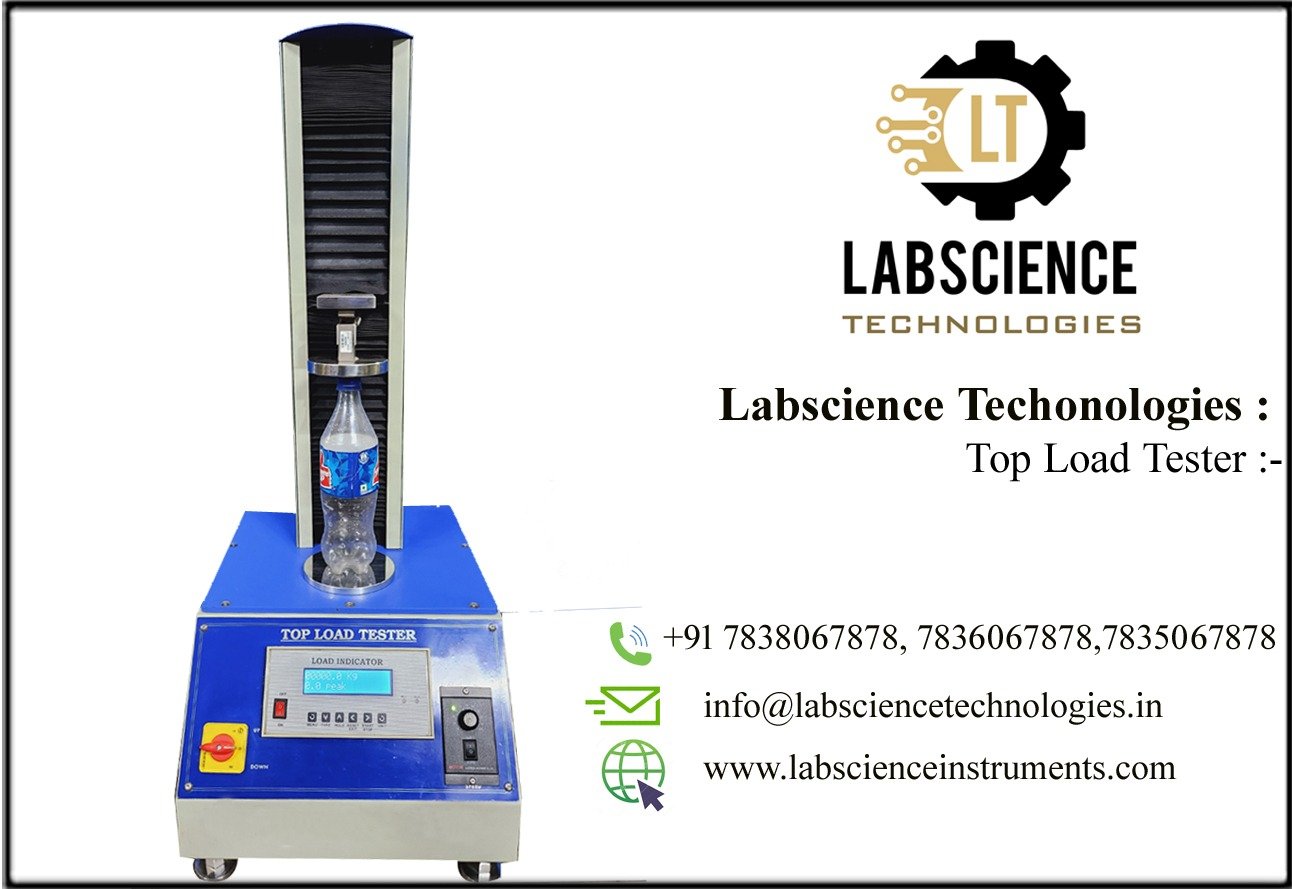Top load tester machine
A Top Load Tester Machine is an essential tool in quality control and packaging testing across various industries, including food and beverage, pharmaceuticals, and consumer goods. This machine evaluates the structural integrity and compressive strength of packaging materials, such as bottles, jars, and cartons, by simulating real-world conditions where products may be stacked or subjected to vertical loads during storage and transport.
The operation of a top load tester is straightforward: it applies a controlled, gradually increasing vertical force on the test specimen until failure occurs, such as deformation, buckling, or breakage. Equipped with advanced sensors and digital displays, modern top load testers provide precise measurements of the force applied, ensuring accurate data collection. This data is critical for manufacturers to understand their packaging’s performance and durability.
By conducting top load tests, companies can optimize their packaging designs, reducing material costs while enhancing strength and reliability. Additionally, these tests help in compliance with industry standards and regulations, ensuring that products reach consumers in perfect condition. Ultimately, investing in a top load tester machine not only improves product quality but also boosts customer satisfaction by minimizing the risk of damage during handling and transport.
A Top Load Tester Machine is designed with several key features that enhance its functionality and accuracy in testing the compressive strength of various packaging materials.
Precision Load Measurement: Most top load testers come equipped with high-precision load cells that provide accurate readings of the force applied during testing, ensuring reliable results.
Digital Display: A user-friendly digital display allows operators to easily monitor real-time data during the testing process, making it straightforward to interpret results.
Adjustable Testing Speed: Many models offer adjustable testing speeds, enabling users to tailor the testing process to specific materials or requirements, ensuring consistent results.
Data Recording and Analysis: Advanced machines feature data logging capabilities, allowing for the storage and analysis of test results over time, which aids in quality control and reporting.
User-Friendly Interface: An intuitive control panel simplifies operation, enabling users to set up tests quickly and efficiently without extensive training.
Safety Features: Built-in safety mechanisms, such as overload protection and emergency stop buttons, ensure safe operation for users.
Versatility: These machines can test various container types, including plastic bottles, glass jars, and cartons, making them suitable for multiple industries.
Compliance with Standards: Many top load testers are designed to meet industry standards, ensuring that the testing process adheres to regulatory requirements.
The Top Load Tester Machine is engineered to provide precise and reliable testing of the compressive strength of various packaging materials. Below are its key specifications:
Testing Capacity: Typically available in a range of capacities, these machines can handle loads from 100 kg to 2000 kg, accommodating various product sizes and materials.
Load Cell Type: Utilizes high-accuracy load cells with a precision of ±0.5% to ±1% for accurate measurements, ensuring consistent and reliable test results.
Testing Speed: Adjustable testing speed, often ranging from 5 mm/min to 100 mm/min, allows users to customize the testing process based on specific requirements.
Measurement Units: Offers measurement in multiple units, such as kilograms (kg), pounds (lb), or Newtons (N), providing flexibility for different industry standards.
Control Interface: Equipped with a digital touch screen interface for ease of operation, allowing users to configure settings and view results conveniently.
Data Logging: Advanced models include built-in data logging capabilities, enabling the storage of test results for analysis and reporting.
Safety Features: Incorporates overload protection, emergency stop functions, and safety enclosures to ensure operator safety during testing.
Dimensions: Typically ranges from 600 mm x 600 mm x 1200 mm to larger sizes depending on the model, ensuring a compact design suitable for various lab environments.
Power Supply: Usually operates on a standard AC power supply, with options for battery operation in portable models.
Kindly fill this form to demand a call-back to from our client support boss with esteeming and details.
Call our Specialists for the Best Deal
+91 7838067878
Call Now
+91 7838067878

